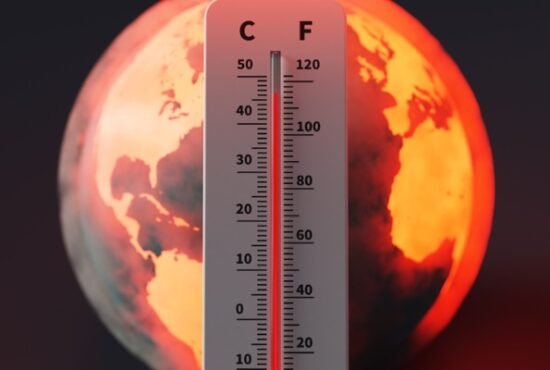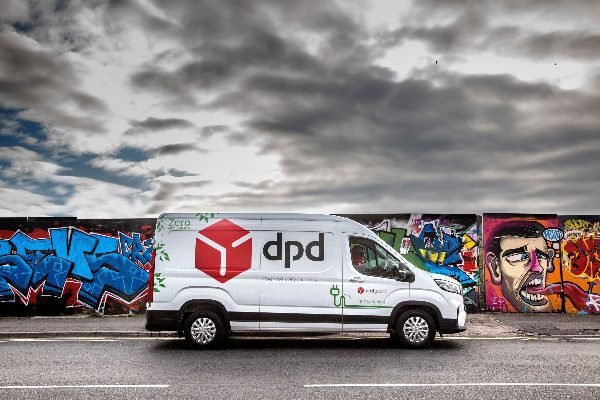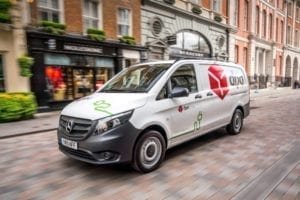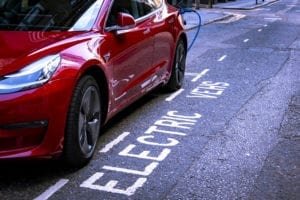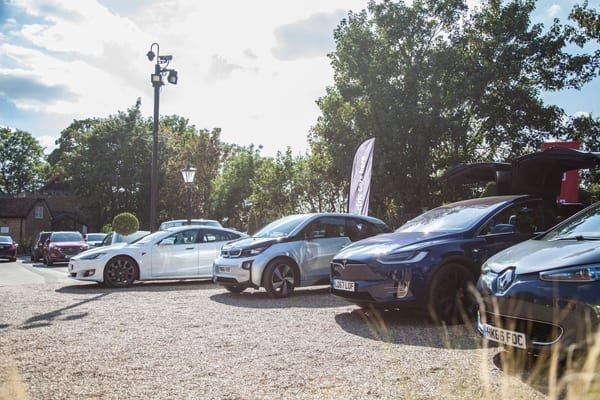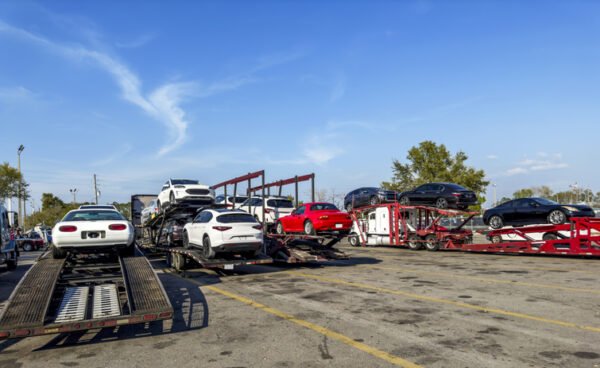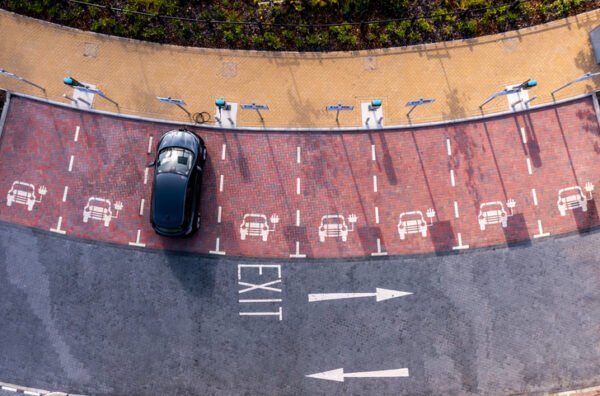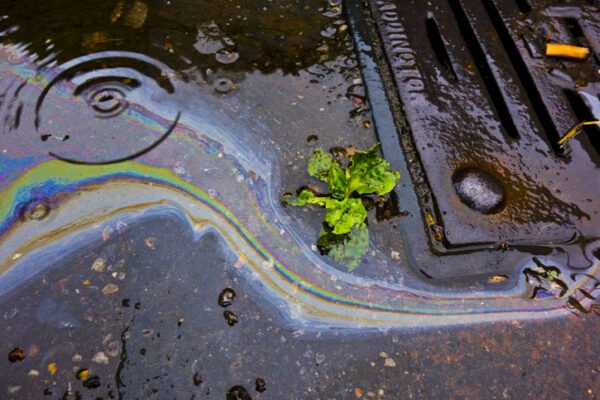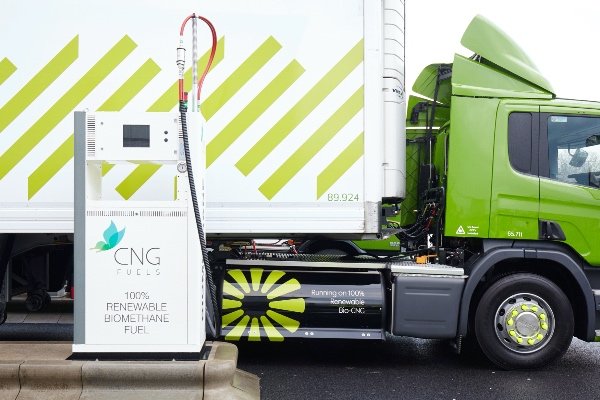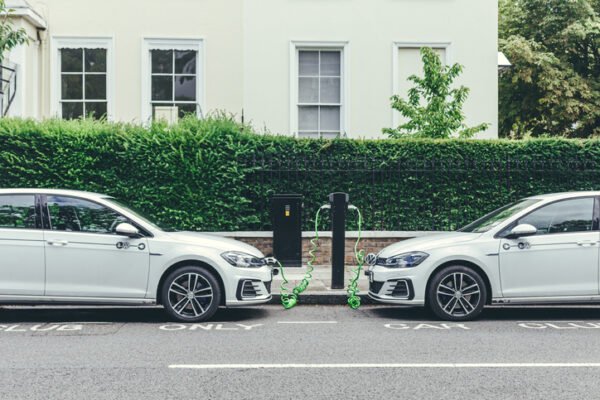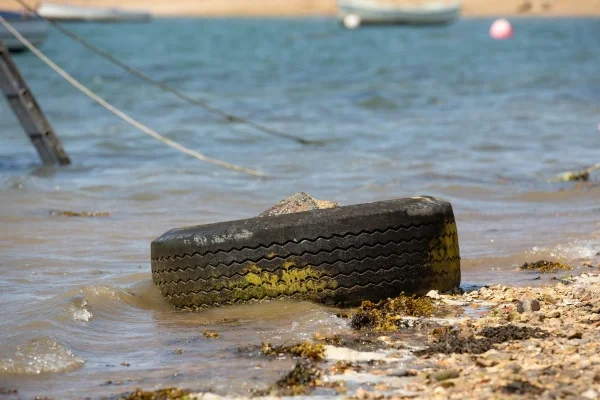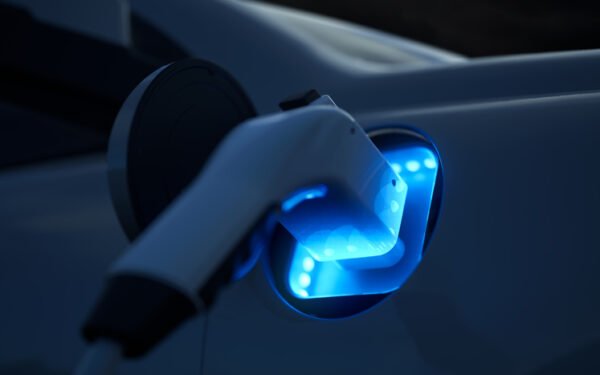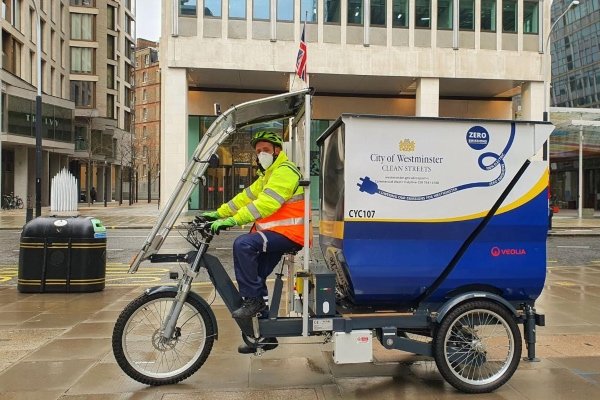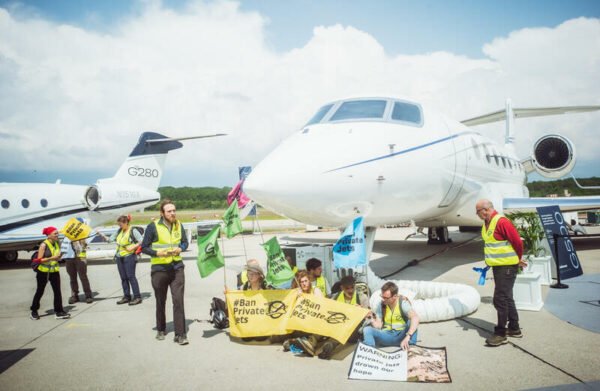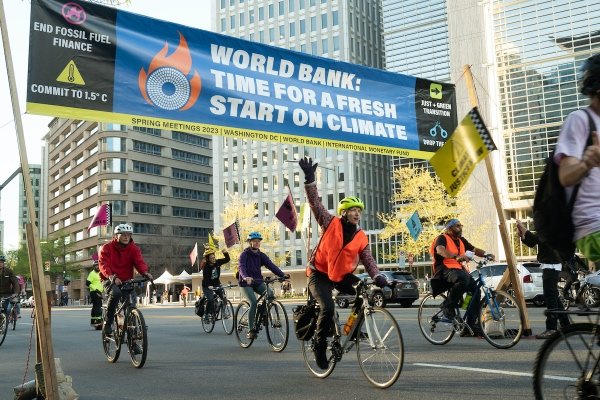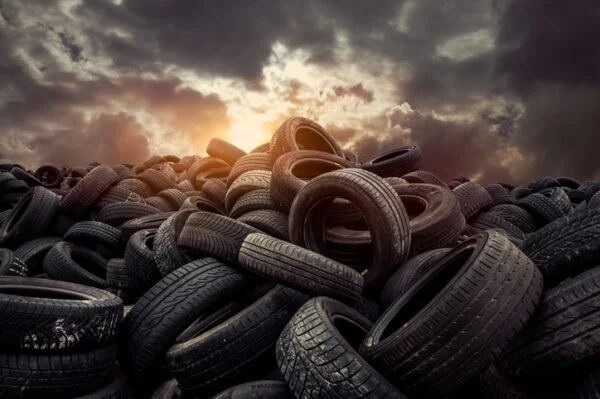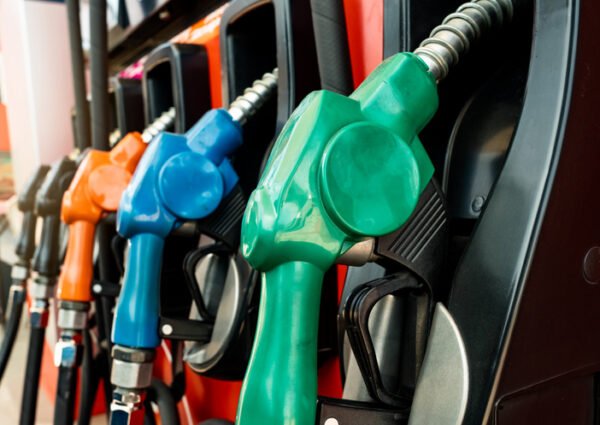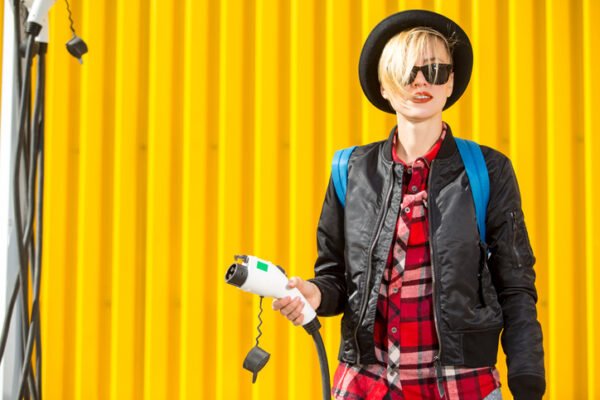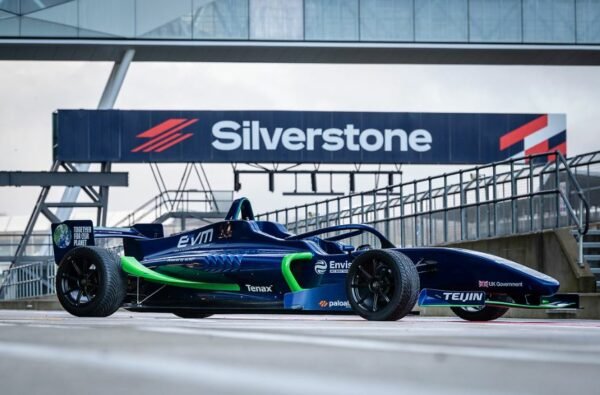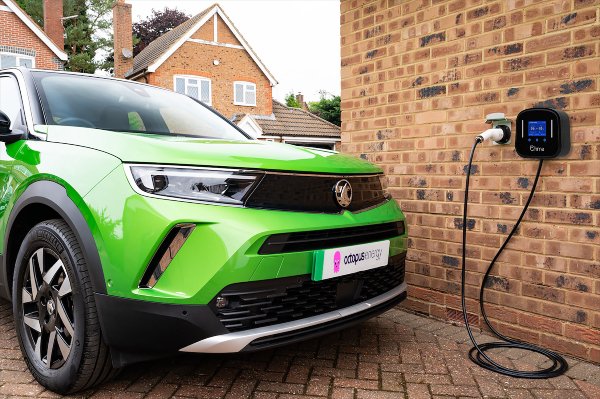This article first appeared in our Electric Nation EV special issue of My Green Pod Magazine, distributed with The Guardian on 03 September 2021. Click here to subscribe to our digital edition and get each issue delivered straight to your inbox
Carbon neutral since 2012, DPD has long understood the need to go green – but in the last three years the delivery company has gone further than anyone to create the UK’s cleanest, greenest delivery service.
By implementing a series of industry firsts and innovative initiatives, DPD has not only directly reduced its own vehicle emissions but also worked collaboratively to contribute to wider issues such as air quality monitoring and the circular economy.
The 25-25-25 Green Vision
DPD has committed to all-electric deliveries in 25 cities by the end of 2025, 10 of which will be completed by the end of 2021.
This vision will deliver 42,000 tonnes of CO2 savings – the equivalent of planting 170,000 trees.
The 25 cities set to get all-electric deliveries are Birmingham, Bradford, Brighton, Bristol, Cambridge, Cardiff, Coventry, Derby, Edinburgh, Glasgow, Hull, Leeds, Leicester, Liverpool, London, Manchester, Newcastle, Nottingham, Oxford, Plymouth, Portsmouth, Reading, Sheffield, Southampton and Stoke.
Green deliveries in Oxford
In July 2021 DPD launched its all-electric delivery service in the city of Oxford; it is believed to be the first initiative of its kind in any UK city.
The plan to provide all-electric deliveries in the city of Oxford began over 12 months ago with the building of a new Bicester Distribution Centre (DC), which opened in June 2021.
This is DPD’s first ‘net-zero carbon in construction’ building; it uses low-energy and zero-carbon design principles and includes 30 electric vehicle charging points.
The new facility, with its larger electric vehicle fleet, enabled DPD to go live with its first ‘green city’, served entirely by all-electric delivery vehicles.
The opening of the new DC was timed to coincide with the launch of Oxford’s Zero Emission Zone, and signals DPD’s willingness to support local authorities’ green city plans.
The 25-25-25 strategy requires a significant investment; £111m is needed just to convert to an all-electric fleet in the 25 cities. However, DPD is fully committed to all-electric DPD deliveries in the remaining 24 cities by 2025.
The journey to electric
Electric vehicles (EVs) are typically 40% more expensive than their diesel equivalents, but the drive to become an all-electric delivery company has issues beyond just cost.
Supply of suitable last-mile all-electric delivery vehicles is undoubtedly one of the biggest challenges that companies face.
DPD now has over 1,000 all-electric vehicles on the road, delivering every day. This is a massive increase – from just 149 vehicles at the start of 2020 – that has required an innovative approach.
DPD was the first company in Europe to order from SAIC Motor, the largest EV carmaker in China. The fleet now boasts 500 of the Maxus 3.5t long wheelbase vehicles and 250 of the Maxus e Deliver 3 vans. These replace diesel vans and their arrival was key to DPD’s all-electric delivery in Oxford.
DPD has also invested in micro-vehicles from specialist Norwegian manufacturer Paxster; it was the first company to import this last-mile vehicle, which delivers parcels in the area immediately surrounding DPD’s London micro-depots.
DPD has also assisted with the development of the EAV cargo bike, the only delivery vehicle in the world that is simultaneously suitable for pedestrian zones, roads and cycle lanes and can make 135 stops a day – the same volume as a 3.5t city-centre diesel vehicle.
 Play Video about This Rock Might Just Save The World
Play Video about This Rock Might Just Save The World Play Video about Play 2 hours of rock
Play Video about Play 2 hours of rock Play Video about Play 2 hours of brook
Play Video about Play 2 hours of brook Play Video about Play 2 hours of sheep
Play Video about Play 2 hours of sheep

